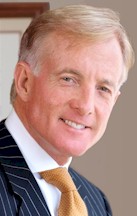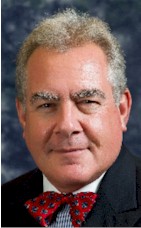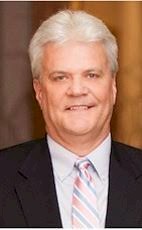
- Hospitality Law
- History Lesson: Owners and Management Companies Weigh Responsibilities and Risks in Response to COVID-19
The hotel industry is facing an extended crisis. As governments impose travel restrictions and hotel guests cancel trips or avoid booking them altogether, the hotel industry worldwide is collectively experiencing dire economic impacts from the COVID-19 pandemic. Along with plummeting occupancy rates, hotel performance has been negatively impacted on an unprecedented global scale. As the global economy enters a recession that many predict will be as bad as the downturn in 2007-2008, it is likely that hotel owners and operators will, once again, experience conflicts as their disparate economic interests collide. This article explores the conflicts of interest between owners and operators. READ MORE



















